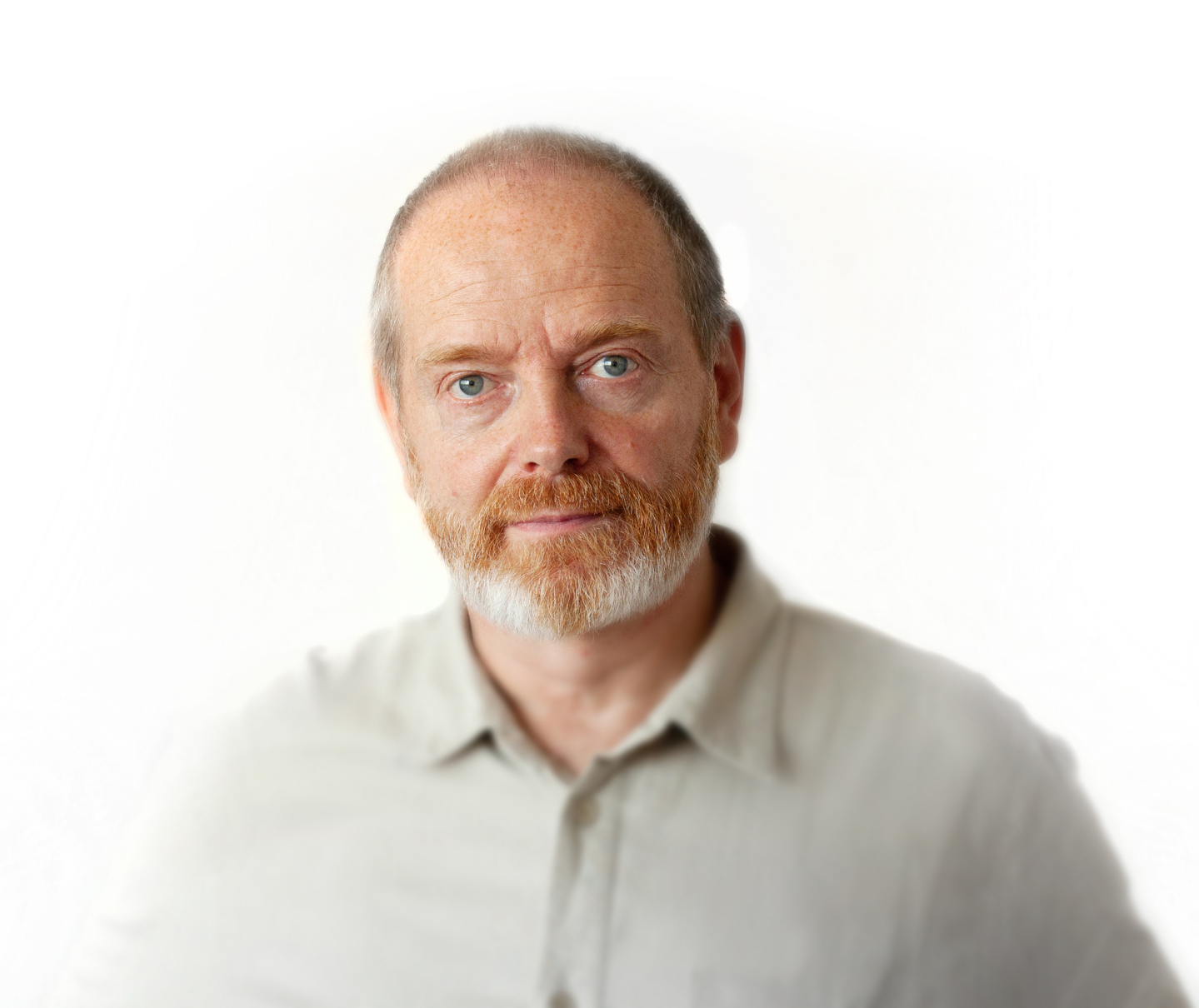Research, reconstruction and documentary confirmation of events from the 17th to the 21th centuries in Russian Empire and USSR, Eastern and Central Europe

Peter Rempel
Certified Archivist,
Business Owner
The strongest archivist-researcher according to the International Genealogical Center
"We knew next to nothing about our ancestors as our grandfather didn’t really talk about them and our dad couldn't give much information. We assumed that all documents had vanished during WWII. BUT! Peter was able to successfully restore the entire lineage from the end of the 18th century till the present day...."
"... Mr. Rempel conducted an investigation in many Russian archives and, like a detective, he was able to reconstruct the extraordinary and dramatic life path of my great-grandfather... He has also traced the life paths of my ancestors over 400 years, starting from the 16th century, and found among other their grievance letters which tell about their household, disobedience to authorities, aspirations and worries..."
"Many documents were found, from which the real story emerged; it was possible to imagine how these people lived, what they dreamed of, what they knew and were able to do..."
"My request was done surprisingly quickly and for a very reasonable price. I was impressed by his professionalism, attention to detail and willingness to answer all my questions..."
Do you know who your ancestors were?
How did they live in the country of origin? What were they doing? What did they own? What nationality did they have?
The archives contain documents about almost every person who lived in the last 300 years. We just need to find the evidence!
Since 1990, I have been working on private commissions in the archives of the former Russian Empire, the USSR, Germany and other countries .
I can find information and documents relating to the lives of your ancestors or people you are interested in, confirm or refute family legends, and reveal the secrets of the past. I take on the most difficult search tasks — finding information using incomplete and indirect source data. In most cases — with a guarantee of a positive result.
Diploma of higher education in the historical and archival field. Vast experience and highest professionalism.
Transparency at work.
I work in archives without intermediaries.
Complete confidentiality.
Highest
professionalism
Amazing
discoveries
Guaranteed
results
Success
since 1990
Practice area
Lost Records, Saved Stories
Searching for information and documents in archives is the main direction of my work. I undertake the most complex research in state, departmental and special archives of many countries...
No initial data
“We don’t know anything”, “It was a forbidden topic”, “Nobody remembered about them”, “They were afraid to talk”, “Those who remembered died”, “All documents were lost”, “I don’t know where they came from”...
Missing
Almost every family had “lost people” - missing people, disappeared in prisons and camps, died under occupation, disappeared in combat. There were people whose memory was deliberately erased from the family...
Historical criminology
It is almost impossible to find a family whose history does not include murders or suicides, robberies, violence, forgeries, as well as arrests, trials, prisons and hard labor...
Workflow
Recommendations
Experts recommendations and customer reviews... Read more
Рrices
Consultation and evaluation of search prospects - for free... Read more
Operating procedure
I make the entire work process as transparent and safe as possible for the customer... Read more
Guarantees
Search work is paid only if there is a positive result... Read more

